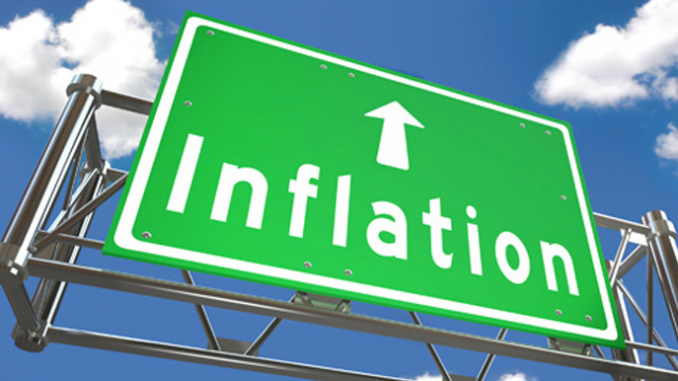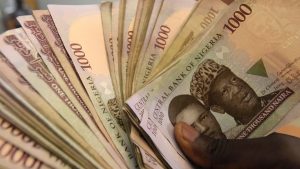
The Independent Media and Policy Initiative (IMPI) has revised its inflation outlook for Nigeria, projecting a sharper decline to 14 per cent by December 2025, citing sustained disinflation, stronger policy coordination, and improvements in the exchange rate environment.
The think tank had earlier forecast inflation to ease to 17 per cent by year-end in its September Policy Statement (029), following a drop from 20.12 per cent in August to 18.02 per cent in September, as reported by the National Bureau of Statistics (NBS).
In a new statement signed by its Chairman, Dr. Omoniyi Akinsiju, IMPI said the consistent downward trend in headline inflation over the past six months signals a steady improvement in macroeconomic stability.
“From the high inflationary environment that peaked at 34.8 per cent in December 2024, the economy has transitioned to a more stable phase,” Akinsiju said. “We can safely assert that more Nigerians have been cycled out of poverty as a result of the ongoing disinflation in the economic space.”
IMPI noted that the moderation in inflation would likely have a positive effect on the World Bank’s poverty estimates, which had placed 139 million Nigerians below the poverty line at the end of 2024. The think tank attributed the easing inflation to the government’s policy consistency and a gradual stabilisation of the naira.
“With a new set of data available, we can project that inflation will fall further to 14 per cent by December 2025,” the report stated. “We also anticipate that the Central Bank of Nigeria (CBN) will respond with a reduction in the Monetary Policy Rate (MPR) by at least 150 basis points, to stimulate growth.”
Meanwhile, the Centre for the Promotion of Private Enterprise (CPPE) described the disinflation trend as a sign of improving fundamentals, but urged the government to complement monetary efforts with welfare-driven policies.
Its CEO, Dr. Muda Yusuf, said sustained reforms, lower business costs, and structural improvements could push inflation toward single digits over the medium term.
“Business confidence is rising, but consumer confidence remains weak,” Yusuf said. “Policies that boost productivity and reduce operating costs will consolidate the disinflation momentum and drive inclusive growth.”
Also, FXTM Senior Research Analyst, Lukman Otunuga, linked the recent decline to softer food prices and the naira’s appreciation, adding that sustained stability could encourage further interest rate cuts at the CBN’s next policy meeting.
“Cooling price pressures, if maintained, could offer real relief to households and help spur private sector activity,” Otunuga said.
Economists agree that maintaining the current trajectory could mark a turning point for Nigeria’s macroeconomic recovery, signalling renewed investor confidence and easing pressure on consumers.






